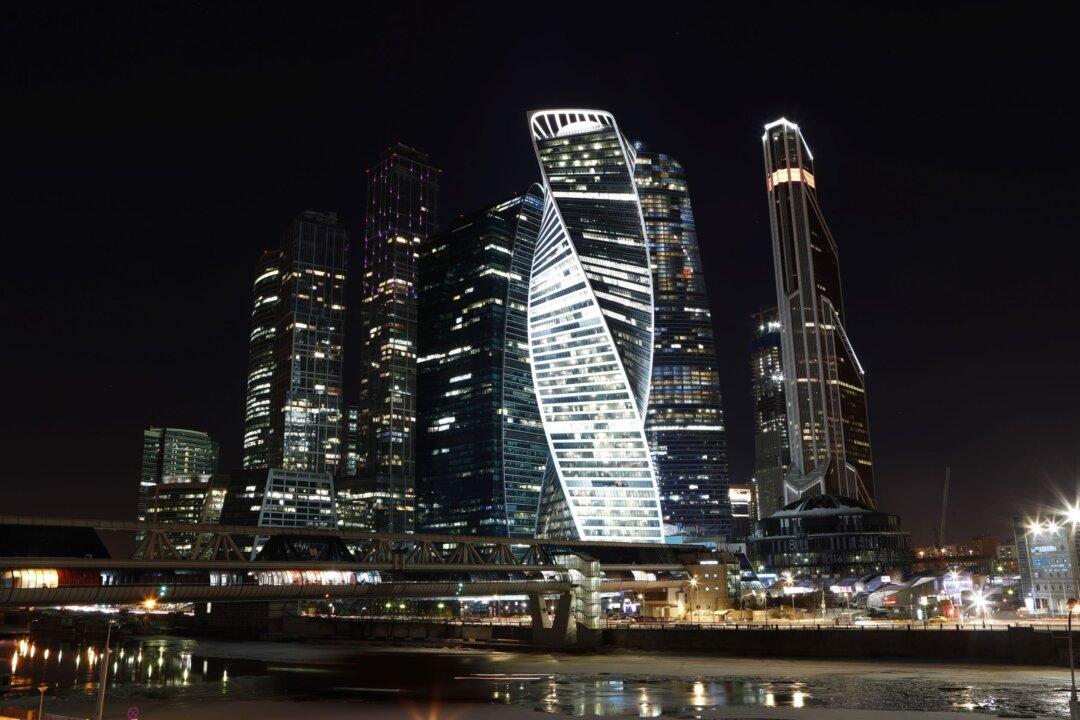Russian companies whose depositary receipts are traded abroad will be obliged to return to Russia, unless other solutions arise, Economy Minister Maxim Reshetnikov said on Friday.
Several major Russian companies have listings abroad, which has always been a matter of prestige for them. But since Russia began what it calls a “special military operation” in Ukraine on Feb. 24, Western bourses have halted trading of Russian securities.





